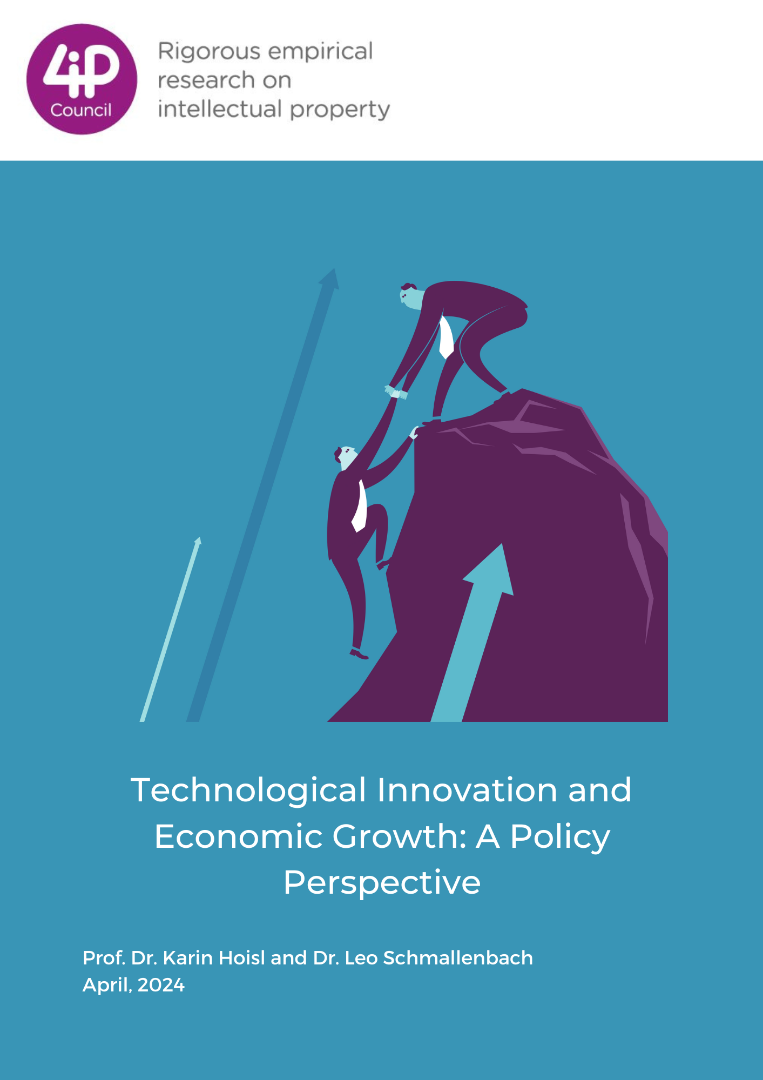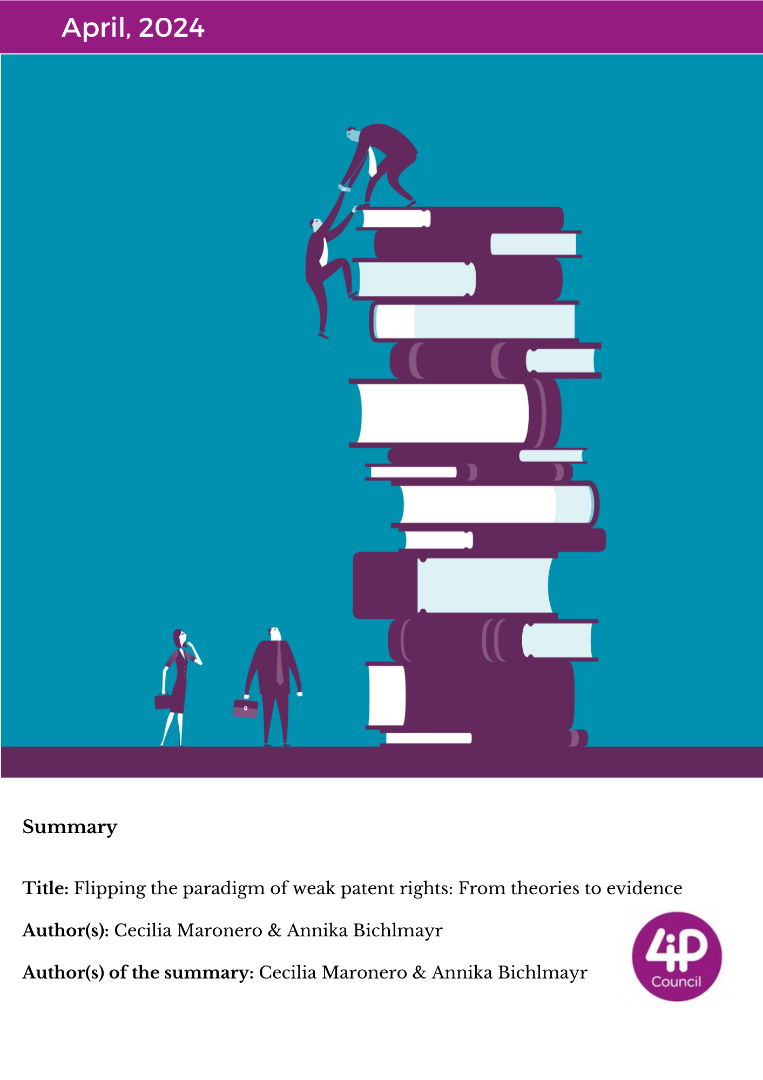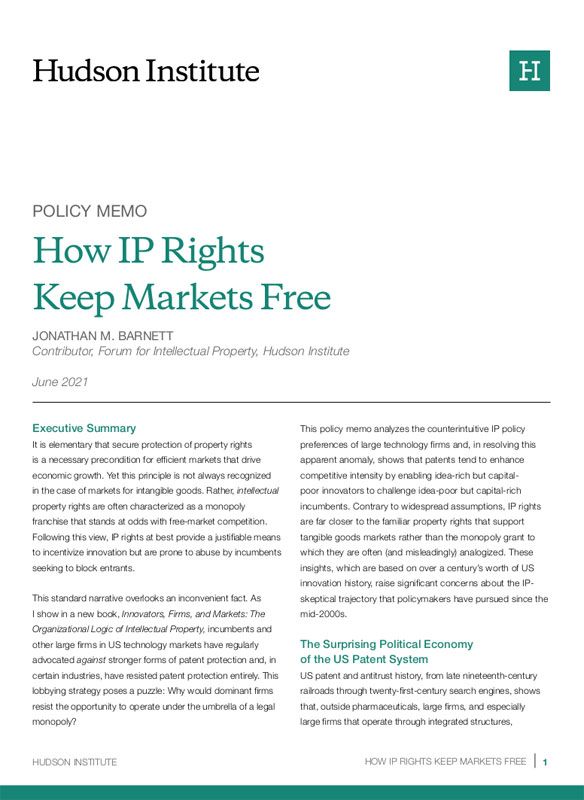Competition policy generally prohibits coordination among buyers or sellers, especially coordination on price, price-related inputs, and output that directly endangers the free play of competitive forces. Nonetheless it has been periodically proposed that this rule should be relaxed to permit the formation of licensing negotiation groups (“LNGs”) in markets for standard-essential patents (or “SEPs”) relating to wireless communications technologies. This proposal has no sound basis in economic theory or evidence. Contrary to common assertions, there is no evidence showing that SEP licensing markets widely suffer from “patent hold-up” or “royalty stacking.” To the contrary: over three decades of market performance indicate that aggregate SEP royalty rates have consistently reflected single-digit percentages of device prices, which is consistent with the rapid rates of adoption enjoyed by wireless communications technologies during this period.
As the global digital ecosystem migrates to the 5G standard and the myriad technological possibilities it enables, some have proposed relaxing competition law’s strong presumption against cooperation among competitors to permit implementers to collectively bargain with innovators over licensing terms for standard-essential patents. This is a solution in search a problem. Over three decades of licensing practices in the mobile communications market show no evidence of market failure that warrants regulatory intervention. To the contrary: this market has succeeded as a result of patent-dependent standard-development and licensing structures that drive device interoperability and technology adoption. Early deployment of 5G technology in the smartphone and automotive markets does not suggest otherwise.
The full paper is available on SSRN.







